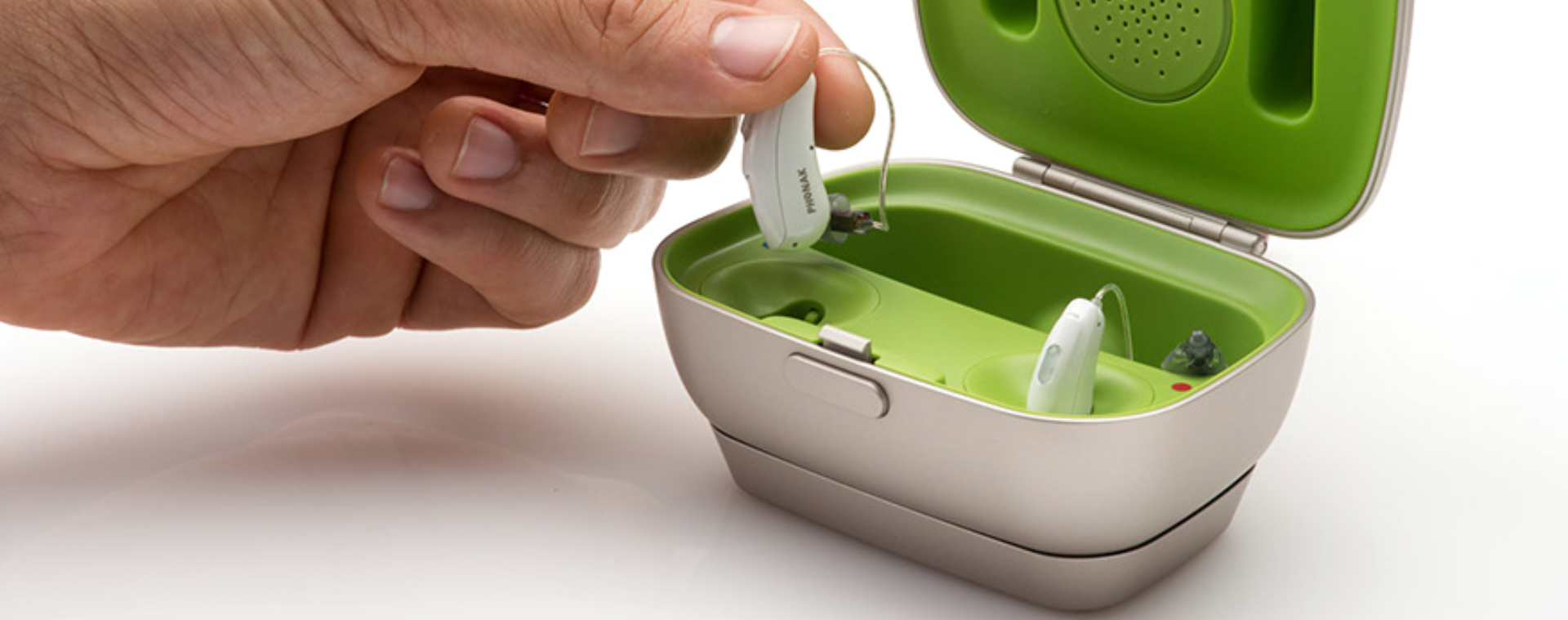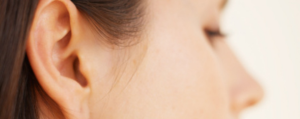DIGITAL HEARING AID TECHNOLOGY: BATTERY-POWERED OR RECHARGEABLE DEVICES?

22 December 2017
When the time comes to invest in hearing aids, you don’t necessarily know which solution to choose. Certainly, models have greatly evolved in recent years: these days, they’re more stylish, more comfortable, and – since the emergence of digital hearing aid technology – they’ve gained enormously in performance and discretion. But there are many models out there, and among digital hearing aids, you can find battery-powered and rechargeable devices. So which type of hearing aid should you choose?
Developments in Hearing Aids
In recent years, hearing aids have undergone profound changes: they’re now much smaller, more comfortable, and practically invisible. These days, there are even continuous-wear devices that are totally discreet to the naked eye, which let you practice your favourite sports, including aquatic activities, without the risk of damaging the device.In addition to increasing your hearing abilities, digital hearing aids improve voice recognition and hearing comfort, because digital hearing aids not only amplify sounds; they also optimize the sounds and frequencies heard by the user thanks to their microprocessors.
Battery-powered or Rechargeable Models: Which to Choose?
Rather than investing in a battery-powered hearing aid, these days, you can opt for a rechargeable model. To make your choice, several criteria should be analyzed:
– Ease of use: Unlike battery-powered models, rechargeable hearing aids don’t need to be stopped during the night. Just place the hearing aid in the charger, and the device turns off automatically and charges while you sleep. Changing the batteries for the hearing aids outfitted with them isn’t necessarily a problem for users who are used to handling them; however, rechargeable models are more suitable for people with vision problems or Parkinson’s disease.
– Replacing the batteries: With rechargeable models, there’s no need to check the battery level or to make sure you have enough batteries. With battery-powered models, however, you always need to have a set of spare batteries on hand, because you never know when you’ll need to replace them. In this case, you risk finding yourself without batteries – in other words, without a hearing aid in working order.
– Battery life: With rechargeable hearing aids, the nightly recharging ensures sufficient battery life for the following day. Battery-powered devices, for their part, need to wait until the end of the battery life to be replaced, which isn’t always practical when you’re away from home.
– Savings: At the rate of fifty or a hundred batteries to be replaced per year, this represents about a hundred dollars in battery costs at the end of the year for users of battery-powered hearing aids. While owners of rechargeable devices don’t have to deal with this expense, they must nevertheless invest in a charger worth about $200. Depending on the manufacturer, the batteries don’t usually need to be replaced, except in the event of a breakdown. Certain battery models must be replaced each year or every two years.
– Environmental impact: Given that the batteries must generally be replaced every one to two weeks, that’s between 50 and 100 batteries per year that your hearing aids consume, a significant impact on the environment that can be avoided by choosing rechargeable hearing aids.
Rechargeable hearing aids often require an investment. However, they offer so many advantages that users are choosing these models more and more. As for owners of conventional hearing aids, they can sometimes convert their battery-powered hearing aids into rechargeable devices, since certain models allow for this. Ask our hearing care professionals for advice!
Autres articles
UNDERSTANDING THE DIFFERENT TYPES OF DEAFNESS
Because treating deafness depends on the location, the type of lesion, and the dysfunction of the hearing device, it’s important…
WHAT ARE THE EFFECTS OF HEARING IMPAIRMENT ON GENERAL HEALTH?
Being deaf, hard of hearing or suffering from hearing issues is very distressing for those affected. In addition to having…
TINNITUS DURING PREGNANCY: HOW TO EXPLAIN IT
Women require increased monitoring during pregnancy, particularly if they encounter little health concerns such as headaches, vision problems, or ringing…


